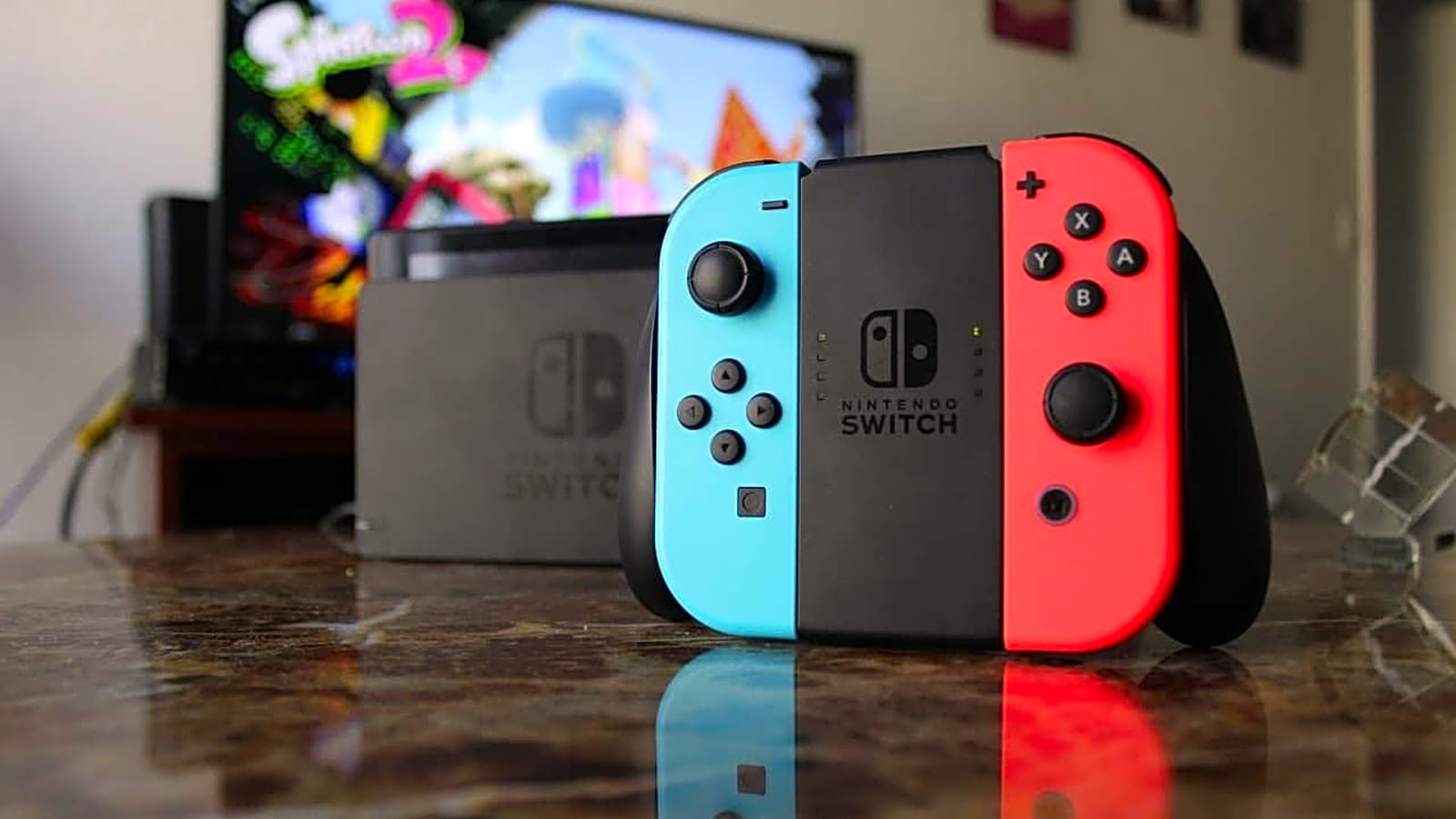
A hacker group calling itself Crimson Collective has surfaced with bold claims: they’ve breached Nintendo’s internal systems and walked away with a trove of sensitive data. Screenshots posted to their website show what appear to be developer folders, production assets, internal backups, and other files that definitely weren’t meant for public eyes.
The group says the breach occurred in October 2023, and they’ve been sitting on the data ever since. Why now? According to their statement, they’re releasing the information “for preservation and education”—a phrase that’s doing a lot of heavy lifting.
What’s Allegedly in the Leak?
Cyber Alert
Japan – Nintendo
Crimson Collective hacking group, known for the breach on Red Hat, now claims to have breached Nintendo.
Discover more at https://t.co/kJbN062Yq3 pic.twitter.com/ip8qkhrWuS
— Hackmanac (@H4ckmanac) October 11, 2025
The screenshots show folder names like “Nintendo Switch Security,” “Unannounced Titles,” “Dev Tools,” and “Production Backups.” While no actual game builds or source code have been released publicly, the implication is clear: this wasn’t a surface-level scrape. If legit, Crimson Collective got deep.
They also claim to have accessed Nintendo’s internal Confluence pages, which are typically used for team documentation, planning, and project coordination. That could mean everything from dev notes to roadmap drafts—essentially, the connective tissue of how the gaming giant builds games.
Nintendo’s Response: Silent So Far
As of now, Nintendo hasn’t confirmed or denied the breach. No DMCA takedowns, no public statements, no legal threats—just silence. That’s unusual for a company known to move fast when leaks hit the surface. Whether they’re investigating, preparing a response, or simply ignoring the claims remains unclear.
Crimson Collective, meanwhile, says they’re not planning to release the full data dump. They’ve posted screenshots, not files, and insist they’re not trying to damage Nintendo—just “preserve history.” But in the age of corporate espionage and IP wars, that line is razor-thin.
What This Means for Devs, Fans, and the Industry
If the breach is real, it’s a reminder that even the most fortified studios aren’t immune. Our dear company has long been a fortress of secrecy, but this incident—like the infamous “Gigaleak” of 2020—shows that the walls can crack.
For developers, it’s a cautionary tale about internal documentation and cloud security. For fans, it’s a glimpse into the machinery behind the magic. And for Nintendo? It’s a potential PR and legal storm waiting to unfold once again.
More must-reads:
- Suspended Guardians pitchers blocked from playing in winter league
- 49ers LB Fred Warner to undergo surgery
- The 'NFL total touchdown pass leaders' quiz
Breaking News
Trending News
Customize Your Newsletter
 +
+
Get the latest news and rumors, customized to your favorite sports and teams. Emailed daily. Always free!









